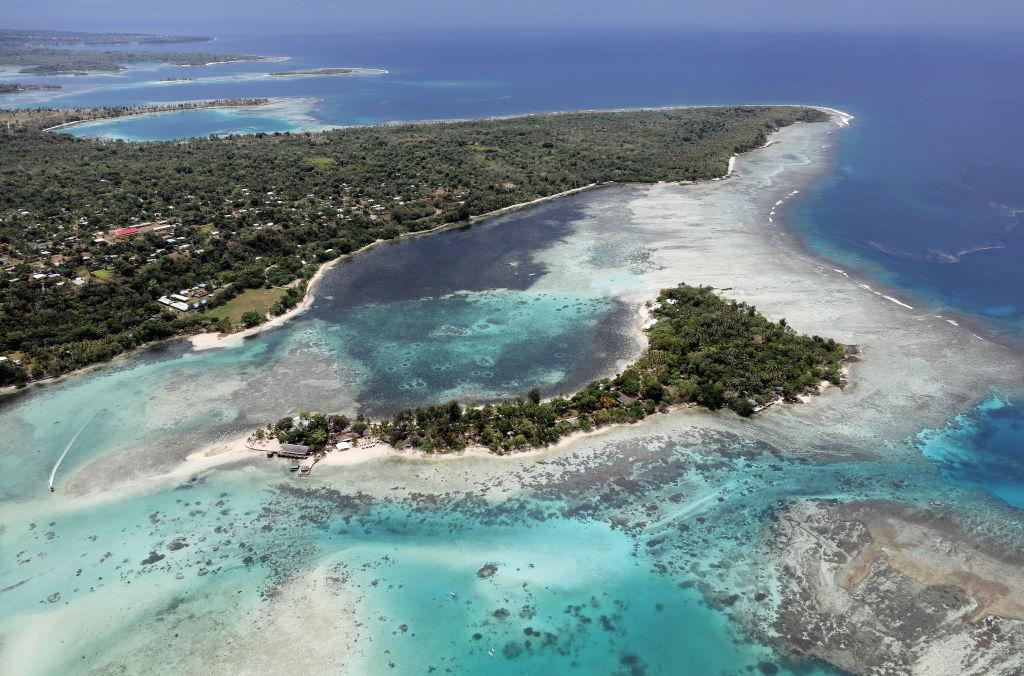Australia and Vanuatu have indicated closer security ties amid ongoing competition between democratic allies and Beijing in the South Pacific region.
The latest move comes after the Australian government inked a security deal with the Pacific nation Fiji in October.





